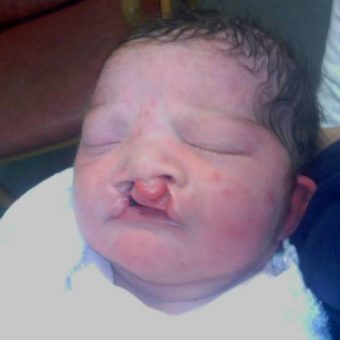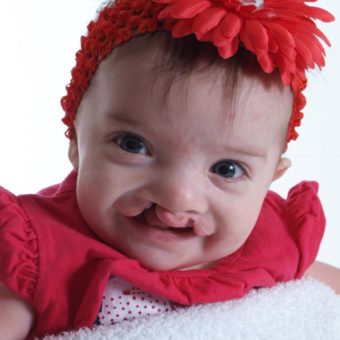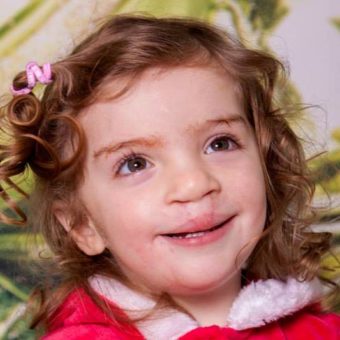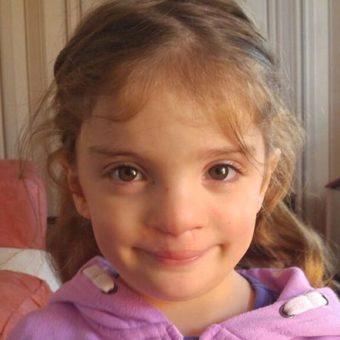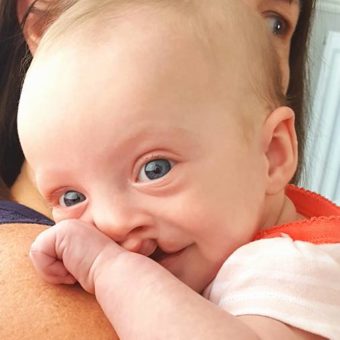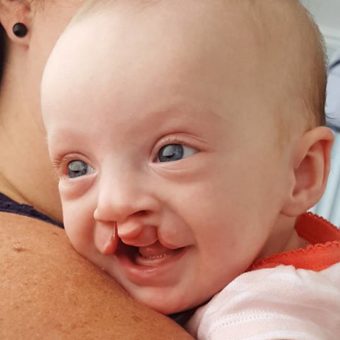
About Cleft Lip and Palate

“I always thought I was different but I now know that there are other people out there like me.” – Young person with a cleft after a CLAPA Event
What is Cleft Lip and Palate?
In early pregnancy, different parts of the face form and then join together in the middle. Most people have a little dip above their top lip where this happens.
For one in every 700 babies, the different parts don’t join together all the way. The result is a gap or ‘cleft’. This cleft can be in the top lip (cleft lip), the roof of the mouth (cleft palate), or both.
There’s no single cause. Usually, it’s a mix of many genetic and environmental factors that can’t be predicted or prevented.
It’s no one’s ‘fault’ – a cleft can happen in any pregnancy, even if there’s no family history.
Three babies are born with a cleft every day in the United Kingdom.
Quick Facts
- A cleft lip may mean a baby looks different, but it doesn’t hurt them. They don’t know anything is different!
- A cleft often means babies can’t be breastfed or use regular bottles. The gap makes it difficult to create suction; it’s like trying to drink through a straw with a hole in it.
- A cleft by itself is a physical difference; it’s not linked to learning difficulties or other issues. Sometimes, a cleft happens as part of a syndrome, and these will have their own symptoms and outcomes.
- A cleft is not generally seen as a disability, though some people will need extra help and support, most often with their speech and hearing. Sometimes, these extra needs are severe and long-term enough to be classed as a disability under the Equality Act 2010.
- It’s not a quick fix; the impact of a cleft can be lifelong. The gap left by a cleft can usually be closed in one or two surgeries before a child’s first birthday, but the treatment pathway is 20 years long and can extend well into adulthood.
- Just like every child, every cleft is unique, and every family will face unique challenges.
Cleft Lip and Palate Awareness Week is about helping everyone in the United Kingdom understand the impact of a cleft and the difference that the right support can make.
With your help, we can create a kinder world for the 90,000 people living with a cleft in the UK today.
Learn more about how you can be a source of support for people affected by cleft in the UK.
Read on to get #CleftAware!
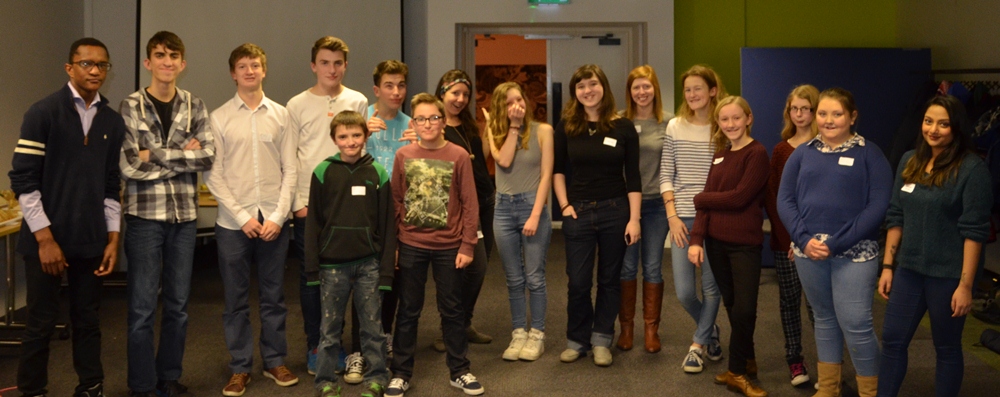
What’s the Impact of a Cleft?
“It’s horrible when you can see someone looking at your face. You feel like covering your face up and running away. I’m proud [of] my cleft but I wish people could just see me for me.”
– 10 year old with a cleft lip
Cleft lip and palate can impact feeding as a baby, speech, hearing, teeth placement and more.
Thankfully, the NHS is on hand to provide treatment through to adulthood. Hospital appointments and operations aren’t fun for anyone, but for many people, the most difficult part of being born with a cleft is dealing with public ignorance and the reactions of others. That’s why understanding how to support people affected by cleft is so important.
For new and expectant parents, over 50% said that one of their greatest concerns was others being unkind about their child looking or sounding different.
“[Before my baby was born,] I was very worried what others were going to think and whether they would blame us. I couldn’t tell anyone how I truly felt as I didn’t think anyone understood. Every day was a massive struggle for me. Everyone was so excited to meet him, but I wasn’t. I hated feeling the way I did.”
– Mother of a 1-year-old with a cleft lip and palate
Looking Different
Why does it happen?
In the UK, a cleft lip is surgically closed at 3-6 months, long before a child knows anything is different about them. Surgery will often leave a visible scar and change the shape of the top lip and nose.
A cleft can also greatly impact where and how teeth come through, and many children will need braces earlier and for longer than their peers, as well as other treatments, which may include surgery.
Everyone’s face develops in a unique way, but many people born with a cleft lip will grow up looking different to others around them.
What’s the impact?
People can make unfair and unkind assumptions about others who look or sound different. Changing Faces’ ‘Public Attitudes to Disfigurement’ report showed two-thirds of people hold a negative bias toward those with a visible difference like a scar.
With social media and selfies an everyday part of life for most young people today, it’s no secret that we live in an appearance-obsessed society. When you’re born looking different to those around you, coping with this can be that much harder.
Stares, comments and even bullying are issues that can follow children born with a cleft through school and well into adulthood. Of adults born with a cleft lip, 72% said that looking different negatively affected their personal lives, sometimes just because they’re worried about how others might react.
“In secondary school when all the other girls would complain about their insecurities, I would be the one who’d remain quiet. I didn’t want to broadcast my hatred for my raised upper lip and ugly nose nor did I want people to feel sympathetic for me or think to themselves, ‘she’s right to feel insecure about that’. So therefore, I never had the courage to ever talk about my cleft to anyone.”
– Adult born with a cleft lip
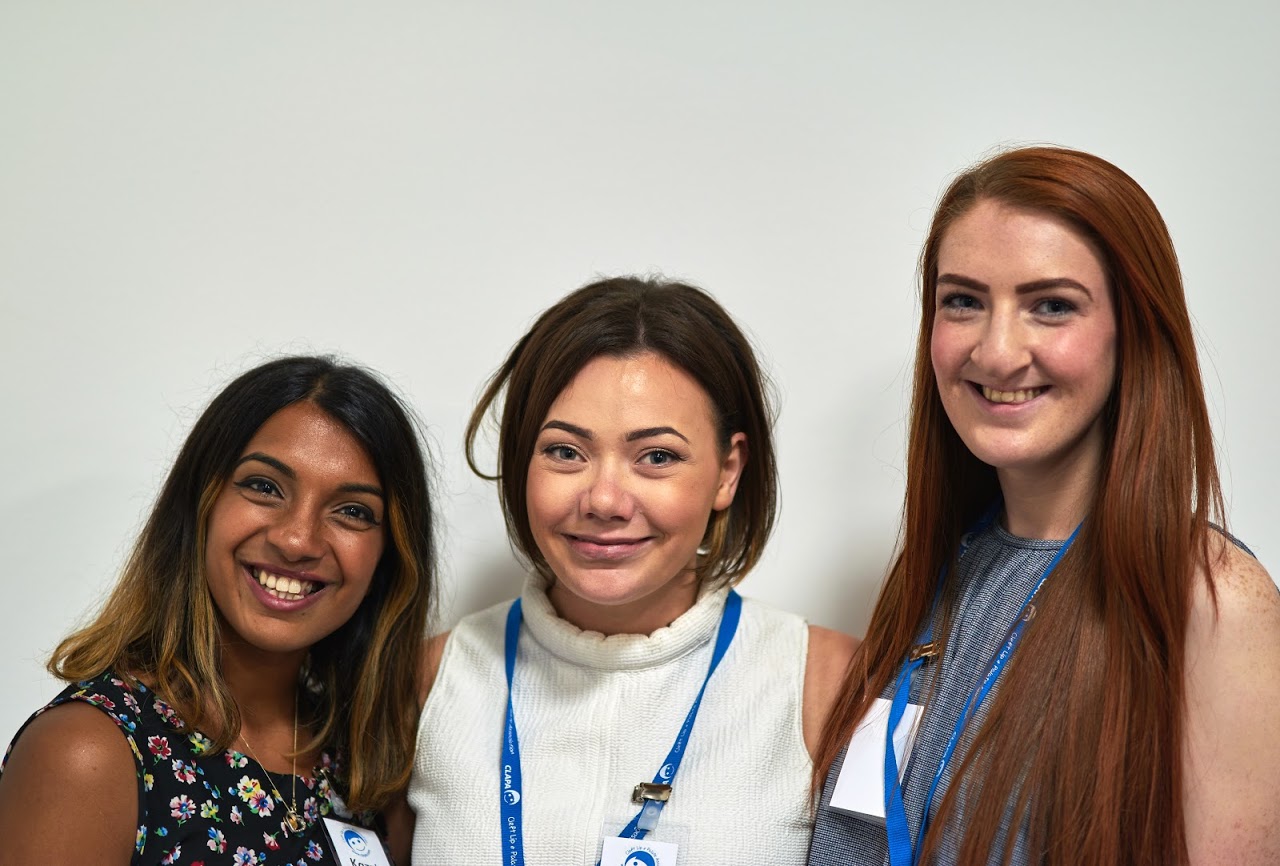
Sounding Different
Why does it happen?
When we speak, our ‘soft palate’ moves at the back of our mouths to change how much air goes through our noses. It blocks off the air for sounds like ‘P’ and allows air for sounds like ‘M’.
A cleft palate (a gap in the roof of the mouth) can affect how someone sounds when they speak, even after surgery. Their speech may sound nasal or muffled, and they may find it hard to make certain sounds.
Speech therapy (or even surgery) can help with this, but around 40% of 5-year-old children with a cleft palate will still have speech which is ‘significantly’ different to their peers.
What’s the impact?
For adults born with a cleft palate which continued to affect their speech, 70% said it negatively affected their personal and professional lives. Public speaking and meeting others for the first time can be a big source of anxiety because the reactions of others can be so unpredictable.
Having clear speech which others can easily understand is something most people take for granted. ‘Good communication skills’ are an essential part of many jobs, and often ‘articulate’ is used as another way of saying ‘intelligent’. So when someone sounds different, it’s all too easy for others to dismiss them or to respond in a way that makes things worse.
“I will not speak publically at all, some people don’t understand what I say and I’m very self-conscious about it. I feel I don’t get taken seriously or I get treated like an idiot.”
Adult born with a cleft palate
Having unclear speech can be a huge barrier at school and work. Children who know they sound different might avoid speaking altogether out of embarrassment or frustration at not being understood, and their teachers and classmates may not know how to help.
This is the reality for many people born with a cleft in the UK – but it doesn’t have to be. By sharing your story, donating to our work, and raising awareness, you can help CLAPA make the world a kinder place for the cleft community.
Source(s): Statistics not directly sourced above come from CLAPA’s surveys of people with and affected by cleft lip and palate.
